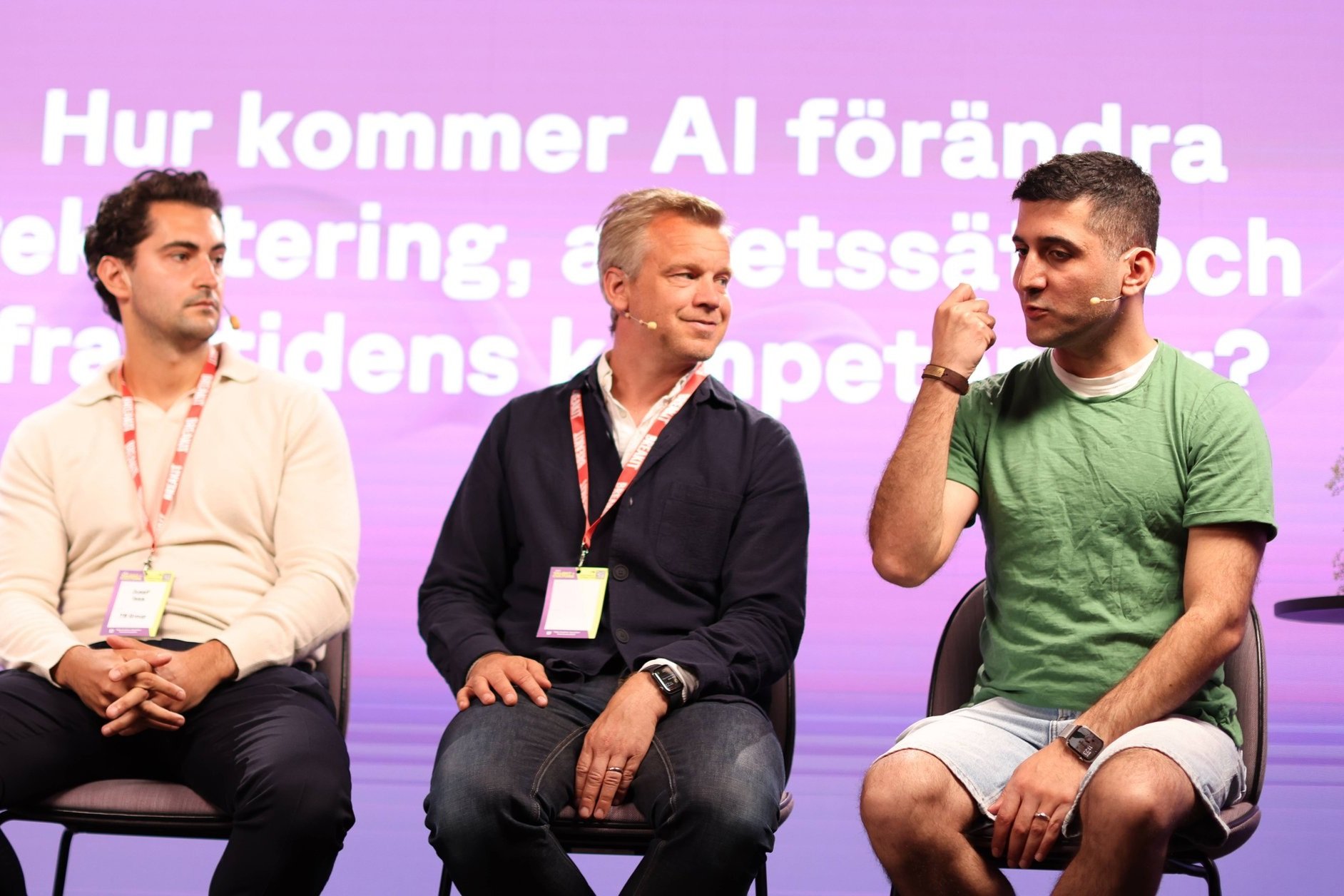Understanding AI's Impact on Recruitment, Ways of Working, and Future Skills
Last Wednesday, I got an unexpected last-minute opportunity to join an insightful discussion hosted by BreakIt, stepping in for a panelist who unfortunately could not attend. I am very grateful to the moderator who recommended me after remembering me from another panel the week before.
Here are some reflections from our exchange:
Generative AI is more than just a tool; it is a technological revolution and an ecosystem change, reshaping how we identify talent, collaborate, and cultivate future-ready skills. It's not a wave we can ride; it's a sea we must learn to navigate.
We highlighted challenges, such as the risk of bias in AI and the necessity for transparency in AI-driven processes, reminding us of the need for ethical and responsible AI implementation. I also shared how we can use AI to help counter bias and polarization, as we do with Heartspace.
AI also offers tremendous opportunities - enhancing efficiency, enabling data-driven decisions, and lowering the thresholds for expertise and services like those within PR but also law and recruitment. Suddenly, SMEs and startups can access the same knowledge previously reserved for primarily large corporations.
It is also important to emphasize the pivotal role of continuous learning and adaptability as AI technologies evolve. Before the panel, Jon Lexa from Sana Labs gave an insightful keynote on how they organize their work from a mission-driven perspective.
Sharing the stage with Jusef Issa from TB Group and Fredrik Östgren from Hubert AI was an enriching experience. I am grateful for their insights and to moderator Paulina Modlitba for facilitating another engaging discussion.
After the panel, I forgot to share some actionable tips and tricks. So I decided I might do that here:
Start small: Begin with simple AI tools like Chat-GPT and gradually scale up as you become more comfortable with the technology.
Continuous Learning: Foster a culture of learning in your organization. Invest in training programs to update your team with the latest AI trends and skills.
Encourage Diversity: Be aware that there can be bias in the AI output, and ensure diverse teams are involved in developing, training, and supervising how you use AI tools.
Emphasize Transparency: Be clear about how and where AI is used in your processes and workflows.
Foster Ethical AI Usage: Develop guidelines for the ethical use of AI and ensure they are communicated and adhered to within your organization.
Evaluate AI Tools: Continuously evaluate the effectiveness of AI tools and be open to adjusting your strategy.
As we explore AI's transformative power in the workplace, let's keep these conversations going, ensuring that AI is harnessed responsibly and inclusively.
Suppose you want to learn more about how to use tools like Chat-GPT to their fullest. In that case, we are preparing to launch a course to share the prompt engineering expertise we have built Heartspace on. It is based on over two years of experience with generative AI. Afterward, you will be among the top people in the world regarding prompt-engineering expertise. Drop me a message if you want to know more.
Photo: Nirvana Gharni

